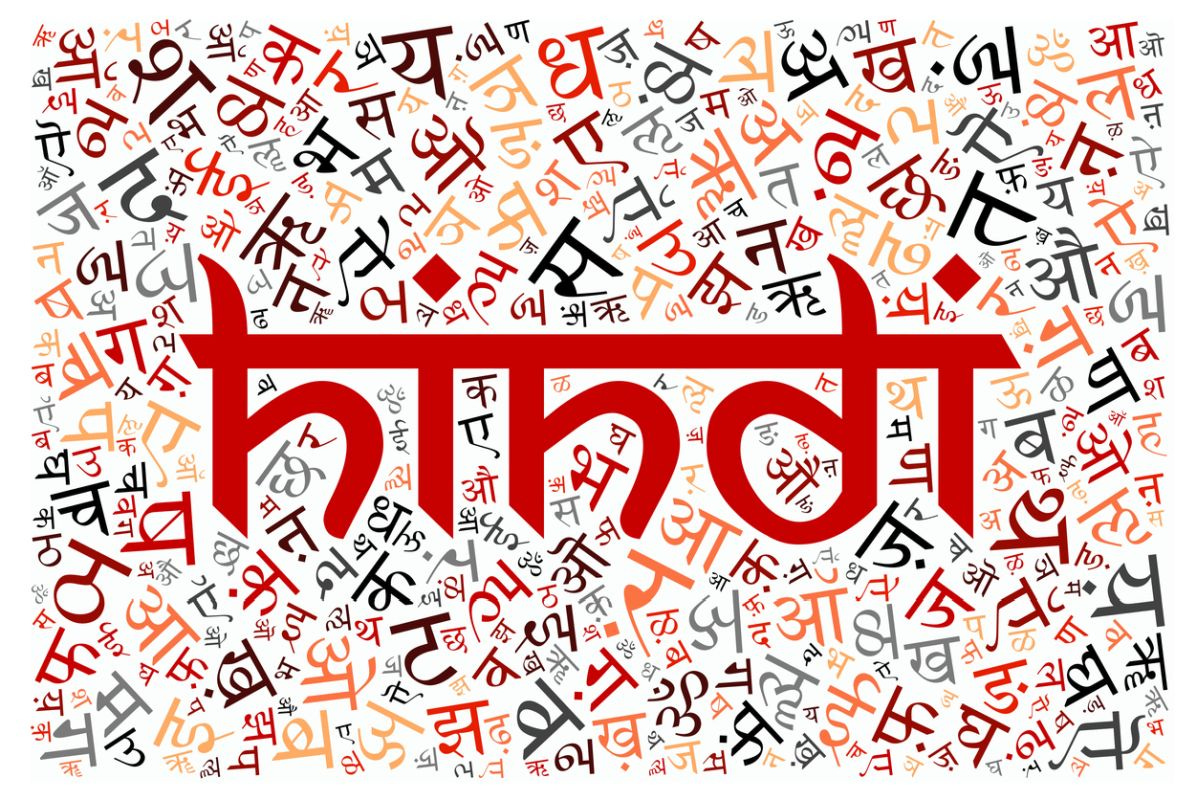“Your word is... jnana.”
“Language of origin, please.”
“Hindi, originally from Sanskrit, meaning knowledge.”
Jnana. Juggernaut. Basmati. Cummerbund. Chutney. Bungalow. Gymkhana. Raita. Jungle.
There was something very familiar about these words on my Scripps Spelling Bee practice list. Something resonant about the syllables that made up the framework for three of my formative years. There was an ease with which these letters strung together like the beads of a necklace in my mind. It was the same feeling as when you give someone a gift, and they rewrap it and accidentally give it back to you.
I was a word nerd, dedicating lunch periods and after-school hours to making these words part of me. I even had a favorite word - ragamuffin. And my jnana was rewarded by winning school and city bees and placing at two regional competitions.
Language was and continues to be my favorite tool. It is my way in and my way out. It is the magic that lets me build bridges, reach hearts, tell stories, change minds, play on words, and create worlds. Just like its academic category, language is humanity, it is community, it is legacy. Whether I am creating as a writer or orating as an actor, language is my love language. And for me, I had two.
My high school diploma bears the California State Seal of Biliteracy, but my two-toned roots existed far before second period Spanish. The daughter of Indian immigrants, Hindi is the 8000-mile-long umbilical cord tying me back to the motherland. It is my mother tongue, my first language, the language that ties me to half of who I am.
In the bathroom stall of a movie theater at the age of eight, I had a realization and whispered to my mom, “I am so glad we have our own secret language.” After all, growing up surrounded by English, Hindi was the way I could tell my mom that that was the guy who was bullying me in school for being different, without him ever knowing.
I learned the curves of the akshars in Hindi class and the syntax of English in school. I had lunch with bindus and matras and dinner with apostrophes and semicolons. I wrote letters to my grandparents in Hindi and A+ essays in English. The same English that says that it is THE United States of America but not THE India.
Hindi was the language that even my non-Indian friends could pick up words from after a while of hearing me speak it with my family. Hindi was the language in which I could make memories and memes with my Indian friends. Hindi was the language I used to call home.
Sometime in my teen years, I stopped dreaming in Hindi.
English became my life’s lingua franca, speaking it even with my parents at home. Feeling behind on being American enough, I let Hindi out of the car as if it were a passenger making the car a bit too heavy on its route towards acceptance. Outside calls to relatives in India, there wasn’t a reason to speak it. It still flowed through my veins in Bollywood movies and songs and the prayers from temple visits, but it was drifting more and more into the background. The funny thing about code-switching as a person of a hyphenated identity is you don’t realize when your mask becomes your face.
Language is identity, and there is an inexplicable sense of loss when you realize you are losing your mother tongue. When someone asks you how to say a certain phrase in Hindi and you have to pull up a translator. When you don’t understand a Hindi word and someone says that it’s understandable because Hindi is probably your second language without knowing it was your first. It is that realization of loss, that grief that makes you call your parents and say, “Abh se hum Hindi me jyada baat karne ki koshish kar sakte hai kya?” From now on, can we please try to speak more in Hindi?
There is an irony that jeers at me when the very language I almost let die to build a career in acting is the one that has given my career the most life. I thought that the intertwining path between storytelling and Hindi ended with my last temple Diwali skits performance. And yet, a large percentage of my professional acting projects in the last four years have been rooted in Hindi.
As much as English dominates my day-to-day life, the rush I get from hearing a Hindi song is incomparable. I cannot beat the sense of community that comes with knowing I am one of 600 million people who can understand a joke. I leave my mark of love when I sign my name in Hindi on birthday cards to my parents. I love seeing the beautiful curves of a Hindi word written in English letters and styled in the Devanagari font etched into permanence on my arm.
I drove back those many miles and begged Hindi to get back into the car, and after some persuasion and apology, I am glad she did.
When I first read the word jnana on my spelling bee list, it felt familiar. I didn’t quite understand why until I realized it came from the Hindi word for knowledge - gyaan.
Jnana. Juggernaut. Basmati. Cummerbund. Chutney. Bungalow. Gymkhana. Raita. Jungle.
There is a similarity between those spelling bee words and me. They had roots in Hindi and then were brought into English. But their language of origin will always be Hindi.





I see a marigold blooming in the American soil :)